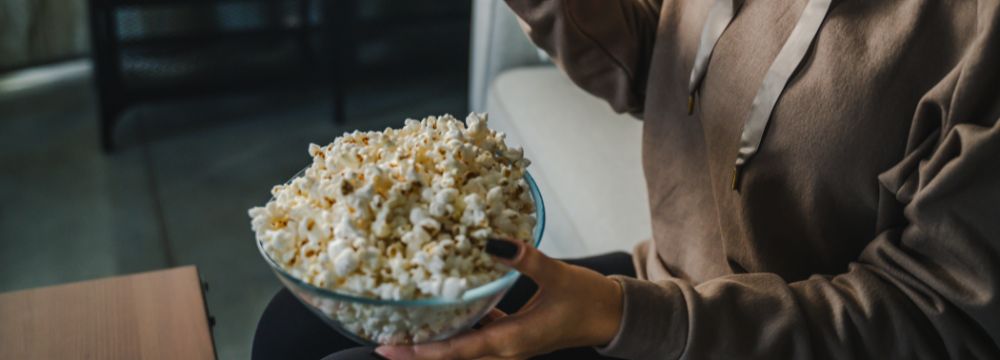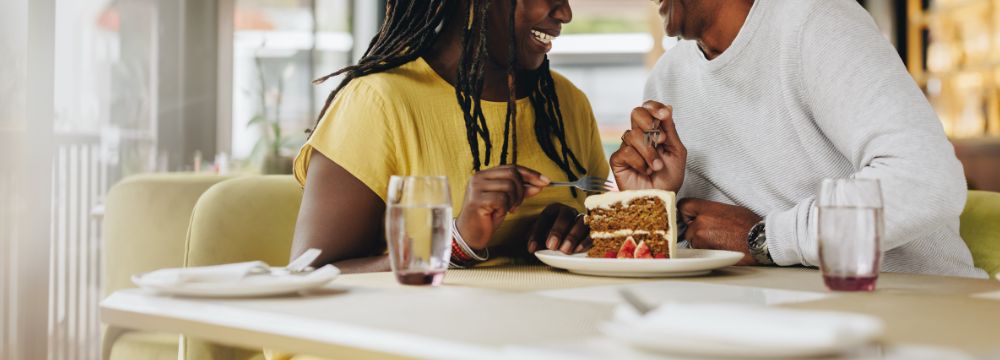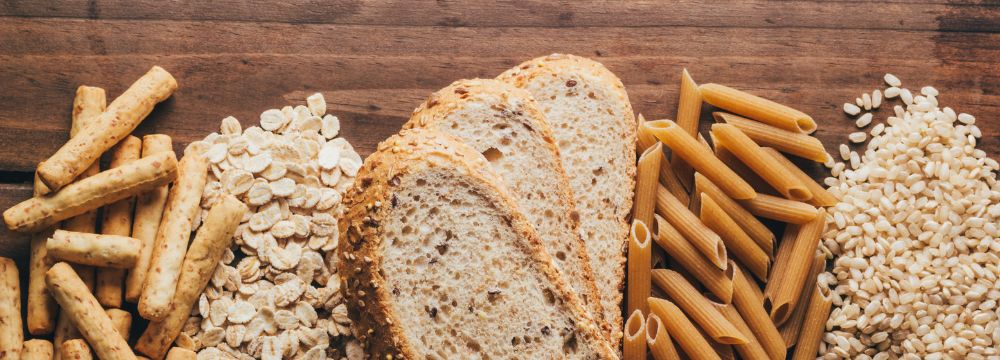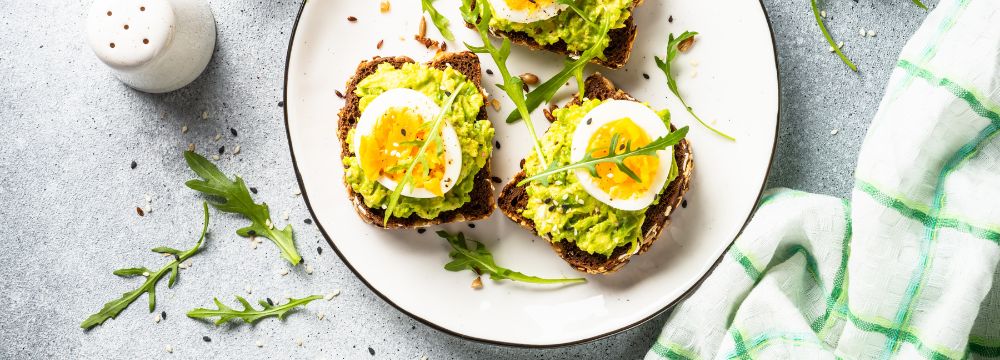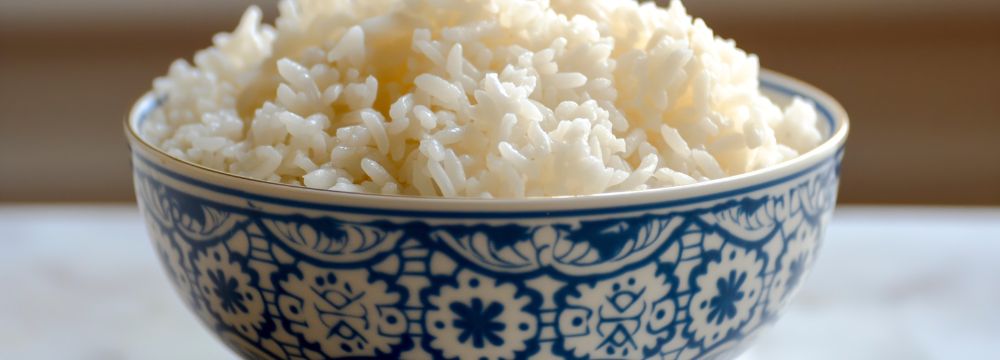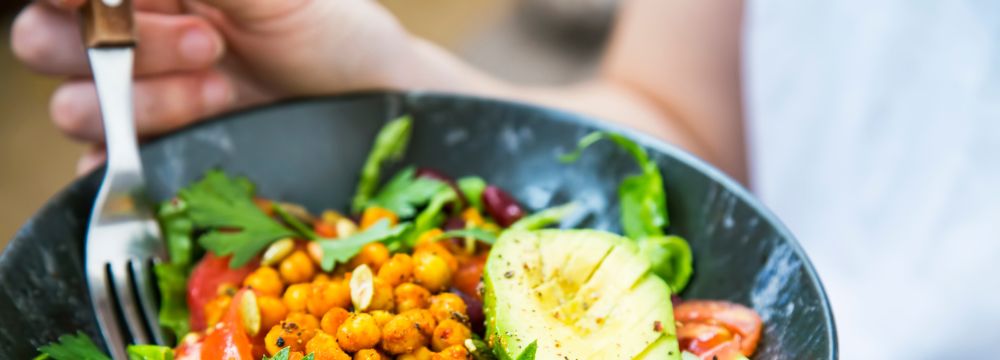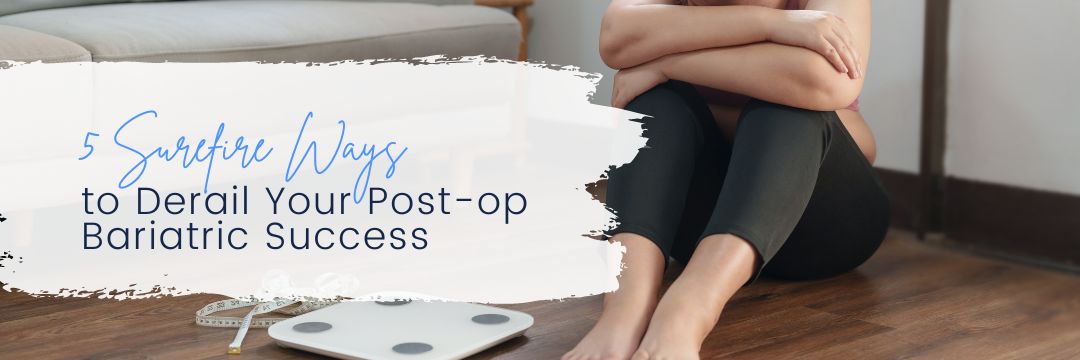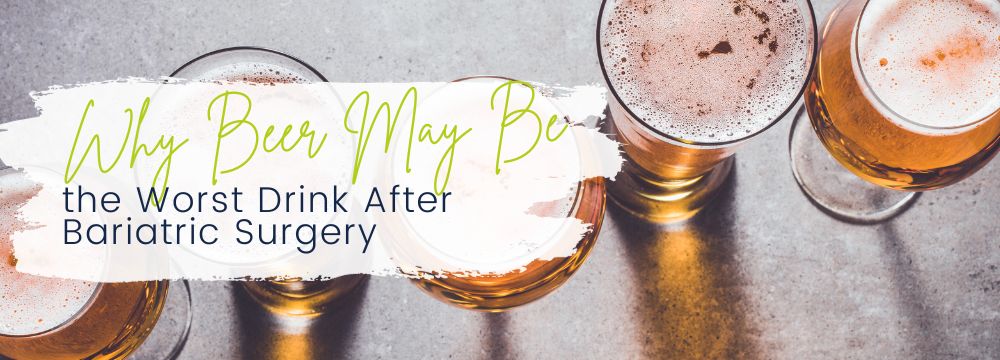
What you drink after your surgical procedure makes a big difference in your eventual results and how you feel. Of course, we advocate for all patients to drink plenty of water and indulge occasionally in drinks that are low in calories and sugar (and complement the post-op diet nicely). However, the question of beer does sometimes pop up, mainly because many patients will have been used to enjoying a beer during a football game or at dinner, and it may be their preferred alcoholic beverage. With that said, while moderation is key, and most bariatric programs don’t want to limit their patients’ enjoyment too much, the simple fact is that beer is one of the more problematic beverages after surgery. Let’s dive into why:
The Bubbles
No matter your procedure, your stomach is significantly smaller than before surgery. As a result, we must be prudent with what we fill it with. The bubbles from Beer, cider, or other carbonated alcoholic drinks can take up valuable real estate in the stomach and reduce the likelihood of getting the protein, leafy, green veggies, and whole fruits you should enjoy after surgery. The bubbles can also stretch the pouch, especially with gastric sleeves that create a high-pressure tube after surgery.
The Alcohol
Alcohol is a no-no in the first six months after your procedure and should be consumed in moderation after that. You must be strict about your alcohol consumption as it is an irritant and can mess with your G.I. system, especially after surgery. Alcohol also gets converted to sugar and can add hundreds of calories, depending on the beer you drink, which forces you to work that much harder to maintain your weight. Lastly, alcohol will impair you sooner after bariatric surgery, especially gastric bypass, as it passes to the sensitive small intestine more quickly and can make you drunk with less volume.
The Gluten
With few exceptions, beer contains gluten from wheat, rye, or barley. If you are one of the 6% of Americans who suffer from gluten intolerance, this may cause problems in your GI tract.
A quick note on the diuretic effects of alcohol. While you may have heard that alcohol is a diuretic, and this is true, typically, its diuretic effects are not significant enough to cause a major hydration problem. However, it is suggested that you drink a little bit of extra water whenever you’re consuming alcohol.
So, there you have it: beer and other carbonated, alcoholic beverages can be problematic after bariatric surgery, and you should limit their consumption. As you get further out from surgery, you may be able to enjoy a quarter of a bottle of beer at a time without hurting your pouch or feeling uncomfortable.
One of the keys to success in bariatric surgery is understanding that small things can make a big difference, and the same is true for food and drinks. We don’t have to eliminate everything we enjoy from our diet, but we also don’t have to drink or eat everything that’s put in front of us. Figure out what you genuinely want and have enough to satisfy you without overfilling and adding unnecessary calories. We also encourage you to speak to your bariatric surgeon about any challenges you may be having with drinking alcohol of any kind, including beer or other carbonated beverages.



